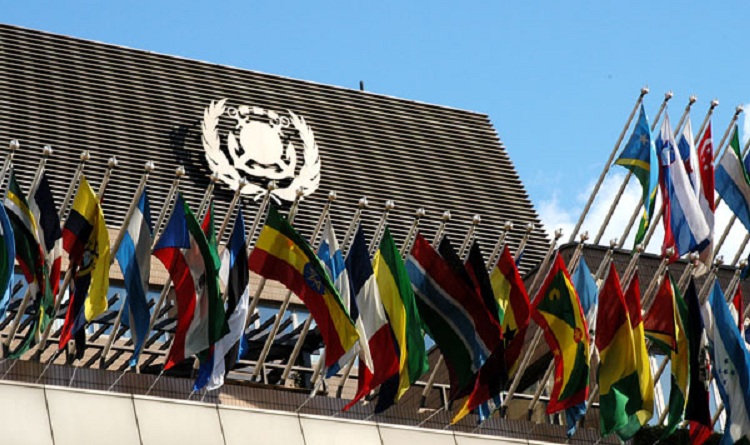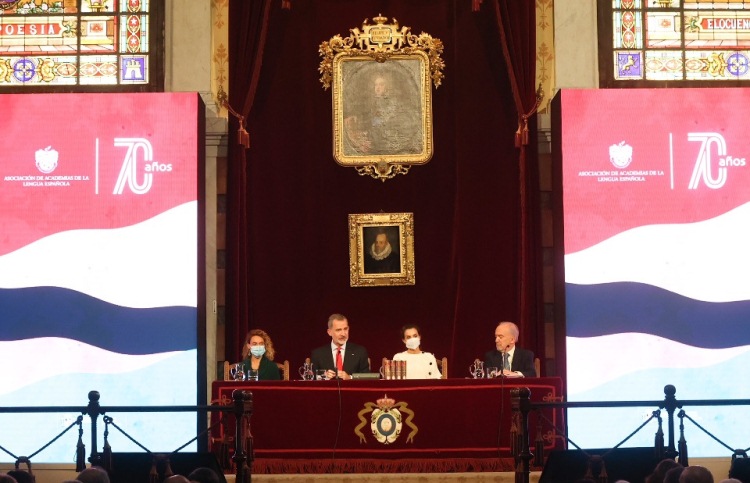The Diplomat
Spain was re-elected yesterday as a member of the Council of the International Maritime Organization (IMO) for the 2022-2023 biennium, during the elections held during the 32nd session of the General Assembly, which is being held in London from the 6th to the 15th of this month.
The 40 members of the IMO’s executive body were elected in these elections, and our country is in category B, which includes the 10 countries with the greatest interests in international trade.
The election, according to the Ministry of Transport, Mobility and Urban Agenda, was possible thanks to the support of a high percentage of the 160 Member States accredited to the General Assembly session.
The Director General of the Merchant Navy, Benito Núñez, thanked the countries that supported Spain’s candidacy, which was the second most voted for, and highlighted the work carried out by Víctor Jiménez, transport advisor to the IMO, assuring that “Spain’s permanent representation to this organisation has done a magnificent job in the last two years, marked by the pandemic, in which maritime transport has been key to maintaining world trade and ship crews have suffered the consequences of isolation and restrictions on mobility”.
In this context, Spain has worked within the Council to continue improving maritime safety and security, to preserve the marine environment, to promote the training of seafarers, to facilitate maritime traffic and to strengthen technical cooperation between countries, objectives that are in the DNA of the International Maritime Organisation, reported the Ministry.
Our country participated for the first time in the IMO Council in 1973 and, since 2001, it has maintained its position in category B of countries with major interests in world trade. There is a category A, which includes the 10 countries with the greatest interests in the provision of international maritime services, and a category C, which includes 20 countries by geographical representation.
After the Council elections, the IMO is entering a new period marked, among other objectives, by the revision of its strategies to achieve, at a global level, the reduction of greenhouse gas emissions, in agreement with other agents involved in this task, such as the EU itself. Support for seafarers, to place them at the centre of the IMO’s debates, as well as support for the development of new technologies that enable safer and more sustainable maritime transport, are also among its challenges.







